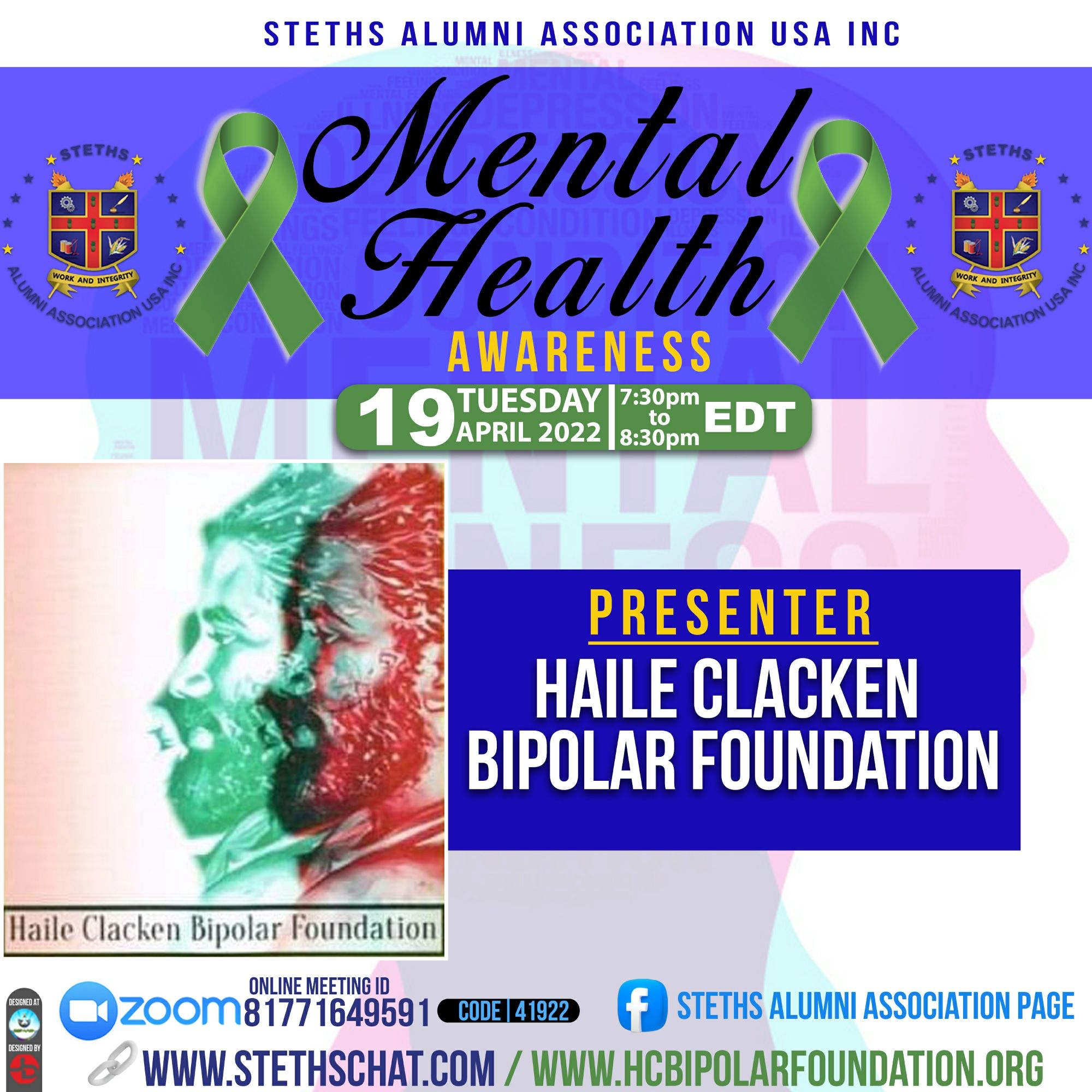Brain-boosting activities to exercise your mind
Feeling focused or forgetful? Sharp or scattered? The human brain functions in many ways to support how we think, feel, and move throughout the day. It acts as the command center for our entire body. But as we get older, brain function can decline. The good news is there are simple things we can do at any age to boost our mental fitness.
“Our brain is like a muscle. It needs to be trained, strengthened, and supported,” says Kaiser Permanente psychiatric social worker Leigh Miller, LCSW. “It’s never too early or too late to do activities that boost brain health.”
According to the National Institute on Aging, cognitive health is the ability to clearly think, learn, and remember. It helps us perform everyday activities. But cognitive health is just one aspect of overall brain health. “Brain health also includes emotional health and motor function — like how well we move and balance our bodies,” explains Miller.
Challenging your brain in new ways and caring for your mental health can boost your brain health. To get started, you can introduce a variety of fun activities into your regular routine.
Go ahead and get your game on. Playing games and doing puzzles can help train your brain. Studies show that solving jigsaw puzzles can engage many cognitive abilities like visual perception and long-term memory.3 Other types of puzzles and games like crosswords, Sudoku, word searches, chess, Scrabble, and card games can also keep your mind engaged to help with memory, attention, and reasoning.4 You can try games on your phone or computer too, since there are many apps with a variety of brain games.
Indulge your mind by learning a new skill. It can be something in the arts like drawing, painting, knitting, or woodworking. Studying a new language or reading a book can help you build your vocabulary. And learning to play music and activities like cooking and baking can engage your mind and benefit your mental health.
Studies show meditation may result in many health benefits for your body and mind, including stress relief, decrease in blood pressure, and an increase in memory, focus, and efficiency.
There are many types of meditation you can try, such as breath awareness or a walking meditation. You can also bring purpose and focus to activities you do throughout the day. “The key is to limit activities that you might do mindlessly — like watching too much TV or endlessly scrolling social media. These activities won’t support your cognitive function in the long term,” says Miller. Instead, look for moments of mindfulness in your daily routine.
Social connections are important for our mental health. Even if you can’t get together in person, there are many ways you can stay connected and show you care. Schedule a phone or a video call with a friend, for example. According to Miller, “Having meaningful conversations, seeing facial expressions, and hearing others speak helps us learn new concepts, ideas, and language.”
Studies show that doing tasks like writing with your non-dominant hand can help increase brain activity.6 So if you’re right-handed, practice tasks like writing, drawing, or brushing your teeth with your left hand. Using your non-dominant hand can create new neural pathways in the brain. Plus, it can be a win-win when you clean your teeth and work your brain at the same time.
Your mind and body are connected. When you’re good to your body, your brain also benefits. “Physical, emotional, and mental health all work together to support brain health and keep our minds sharp,” explains Miller.
So, in addition to trying brain-boosting activities, remember to also focus on your total health. That includes sleeping well, eating nutritious foods, and staying active and hydrated
Thanks for sharing. This was a good read.
Mental Health Awareness April 19th@ 7:30 pm - 8:30 pm Be there!
- 1 Forums
- 5 Topics
- 23 Posts
- 0 Online
- 103 Members

